
Residencies
-
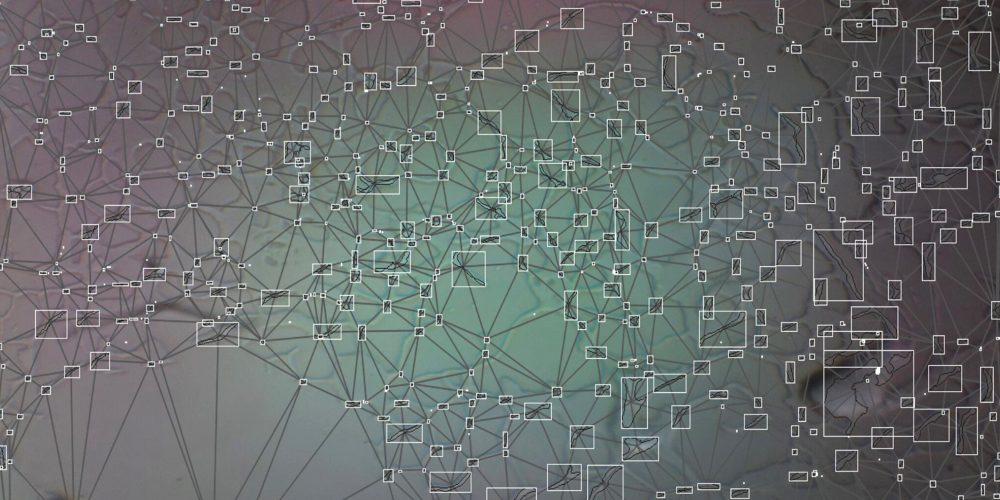
Artificial intelligence as a meta-researcher
An international collective experimenting between art and science. A multidisciplinary educational organization to explore the origin and nature of life in the universe and the evolution of intelligence. The beginning of a wonderful friendship.
-
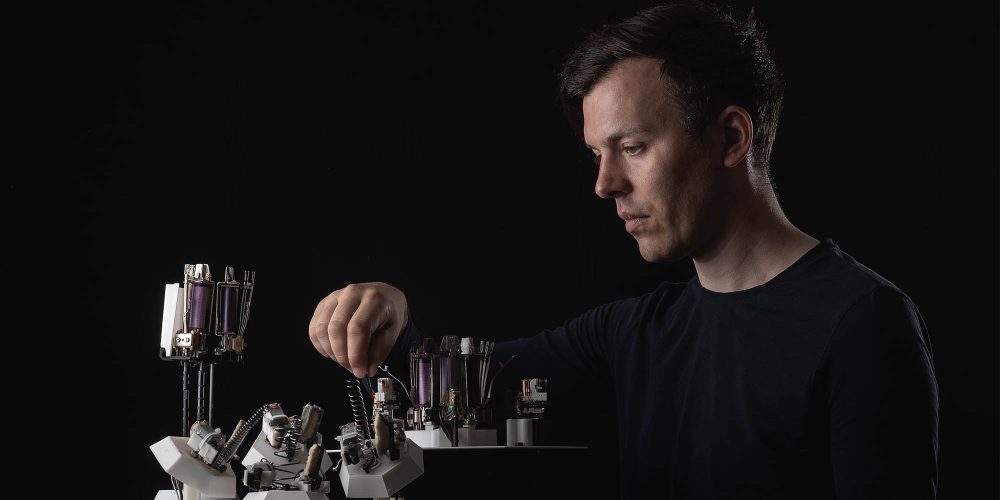
He lets mini-robots make music
An interview with this year’s EMAP Residency Artist: Moritz Simon Geist!
-
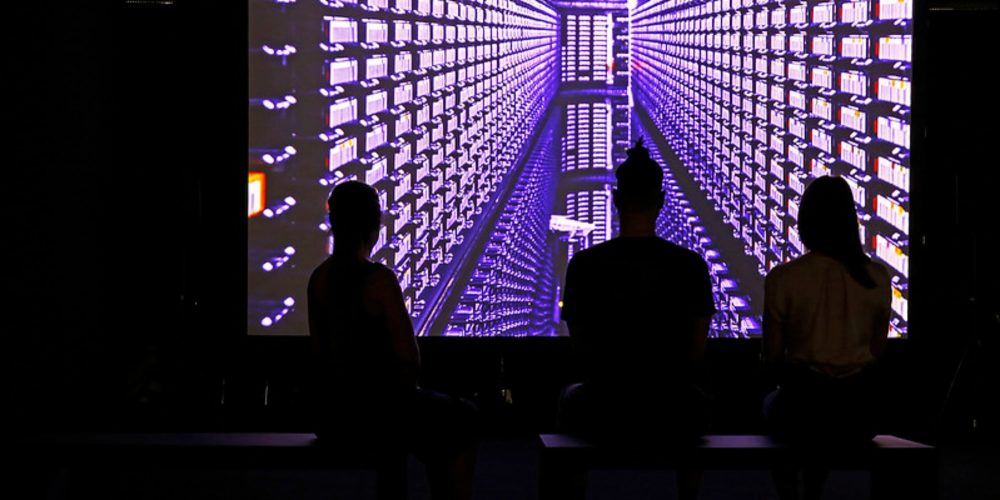
The Voice of the Future
As part of the ArtScience Residency Program enabled by the Art Collection Telekom artist Kyriaki Goni is working on a project that focuses on the voice of digital assistants and the problem of surveillance.
-
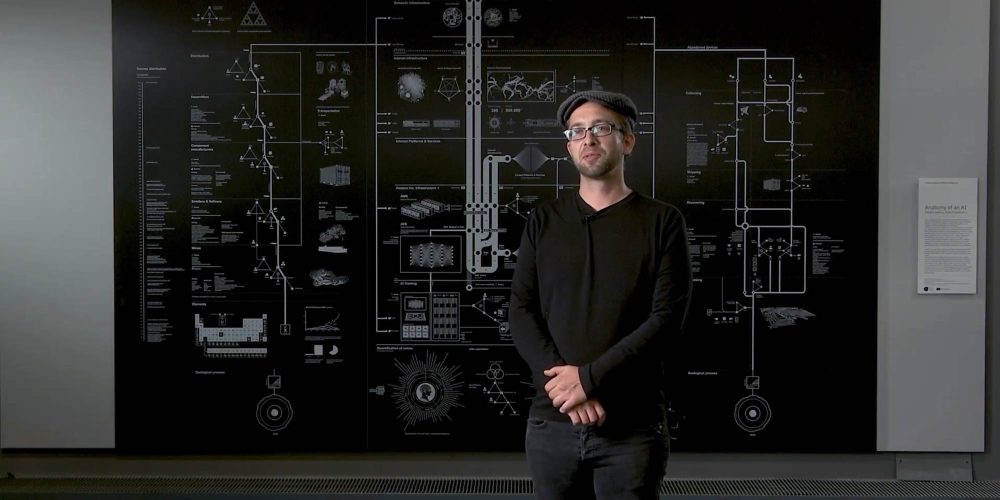
How Digitization Moves Mountains
If we use smartphones for an average of only two years, then the resulting mining of raw materials should give us pause for thought. (German language)
-
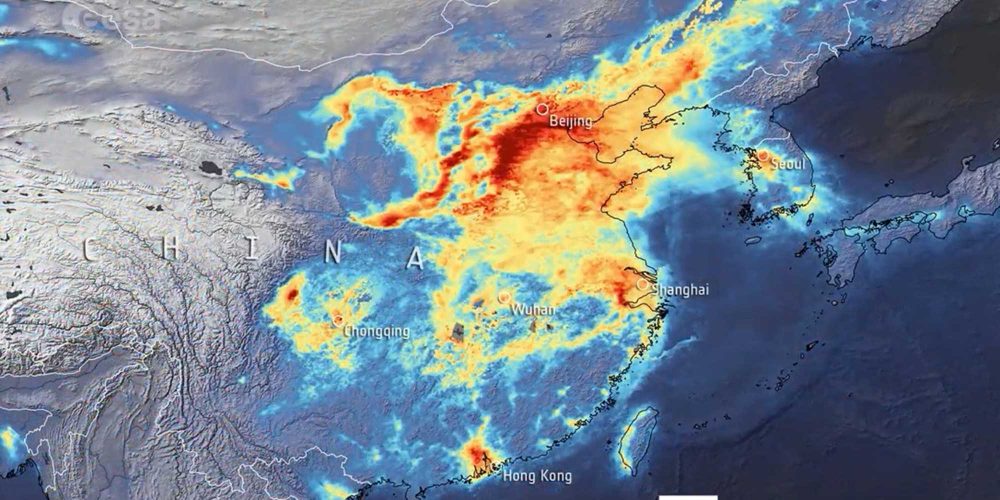
The World is not Enough
We humans have left traces on this blue planet – in the water, on the earth, in the air, but also in outer space.
-
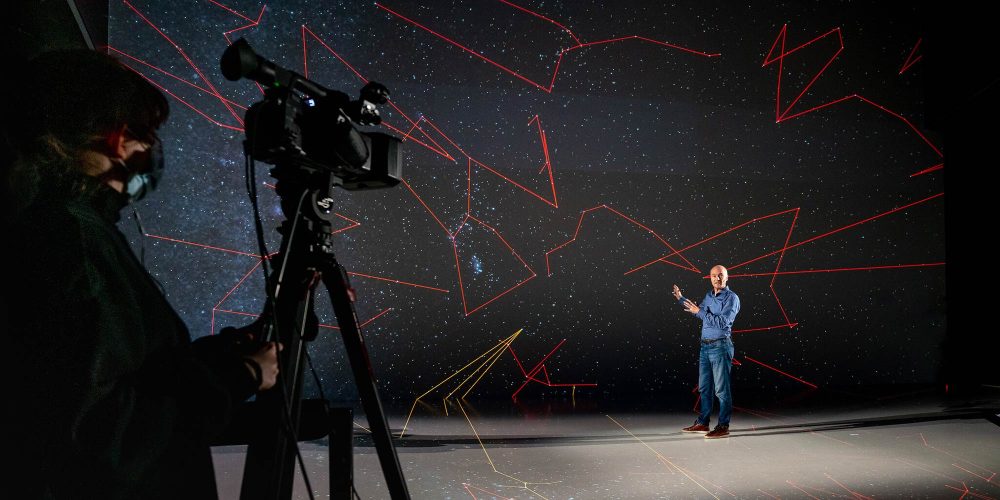
Which stars show up in our summer sky?
Star photographer Dietmar Hager takes us on a journey through the summer starry sky – as seen from Austria. (German language)
-
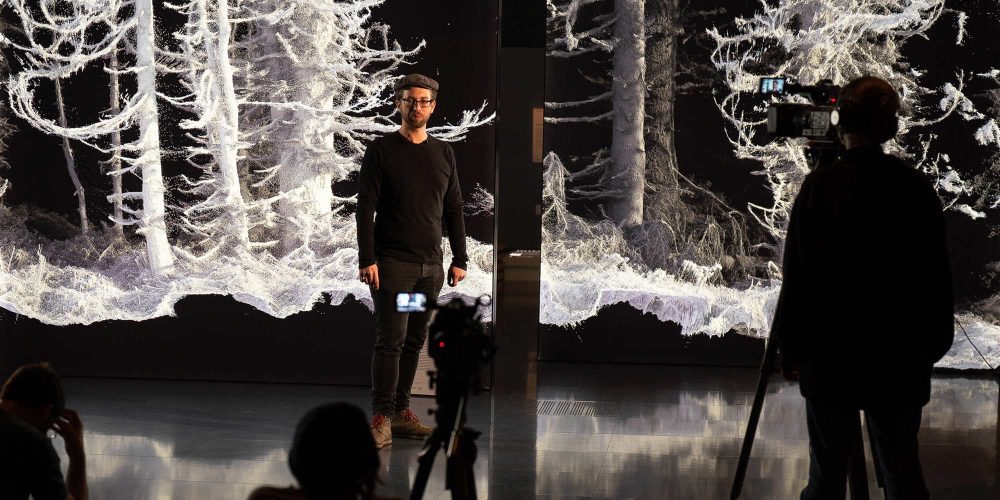
The Invention of Sustainability
New technologies have increased the pace of consumption of our resources – but even the raw material wood used to bring problems. (German language)
-
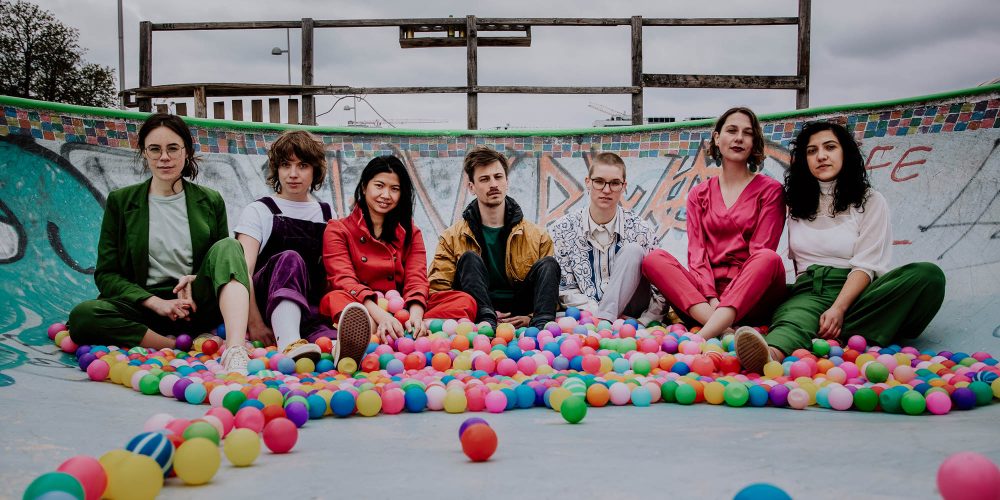
MAMMA FATALE
Celebrate life with music, make you think with lyrics. Enjoy avant-garde pop/jazz of the collective MAMMA FATALE.
-
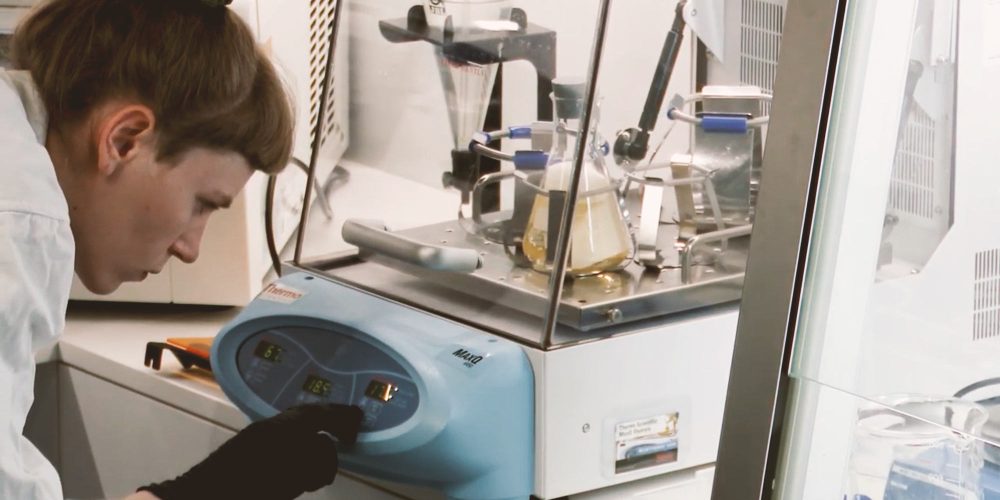
Textiles dyeing with Bacteria
No harmful chemicals, significantly lower water consumption. Julia Moser explains how pigment bacteria are used to color clothing. (German language)
-
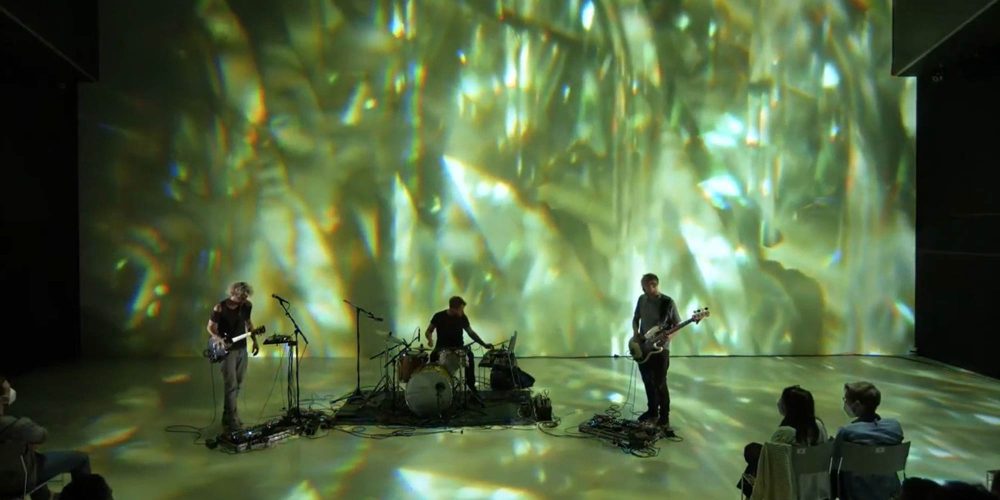
Elektro Guzzi
Elektro Guzzi play hypnotic techno sound with guitar, bass and drums in Deep Space 8K to the visuals of Eyup Kuş.
-
![ungezähmt [untamed]](https://ars.electronica.art/aeblog/files/2021/06/ungezaehmt-1000x500.jpg)
ungezähmt [untamed]
While the Trio Verve lets classical music sound in deep space, the visuals of Monocolor underline the musical description of a landscape.
-
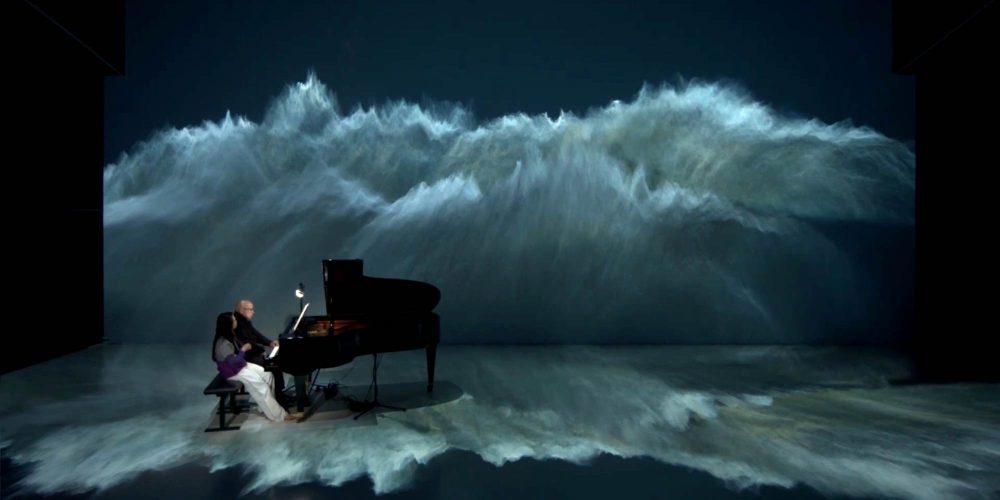
Pianographique in Remembrance
A memorial concert for the victims of the Corona Pandemic. Maki Namekawa and Dennis Russell Davies perform, Cori O’lan contributes the visuals.
-
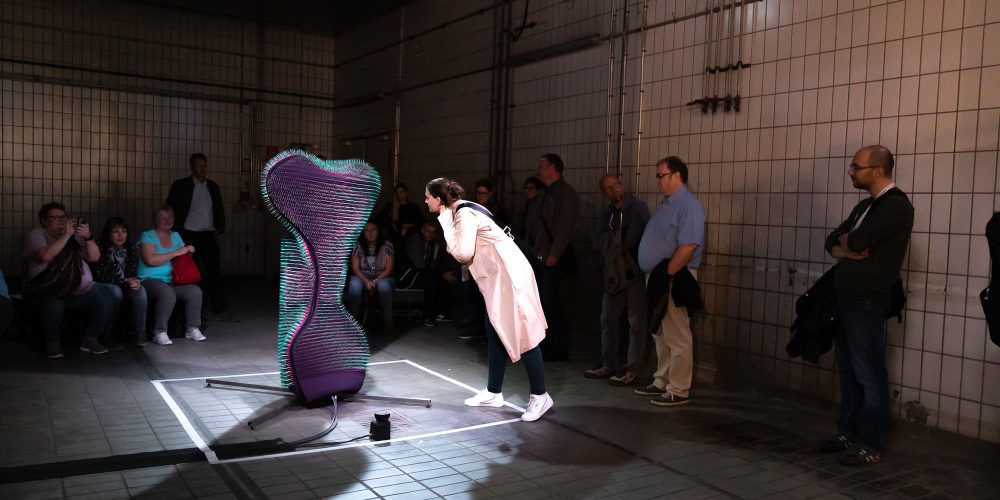
Shaping the Digital Future
Ars Electronica’s European Platform for Digital Humanism asks about the impact of technologies on society.
-
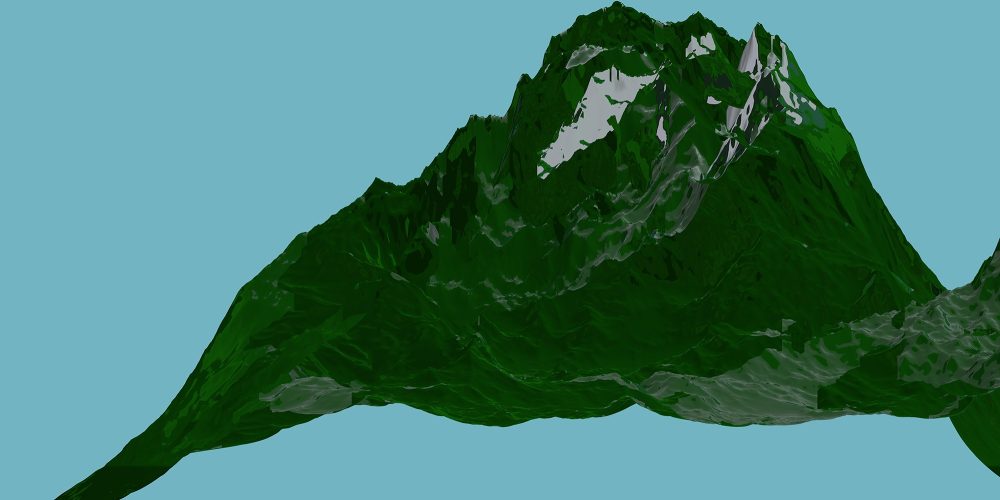
The Future Is Coded
Travel restrictions raise new challenges for cross-boundary artistic/scientific research. Residencies at the Ars Electronica Futurelab remain a source of mutual inspiration.
-
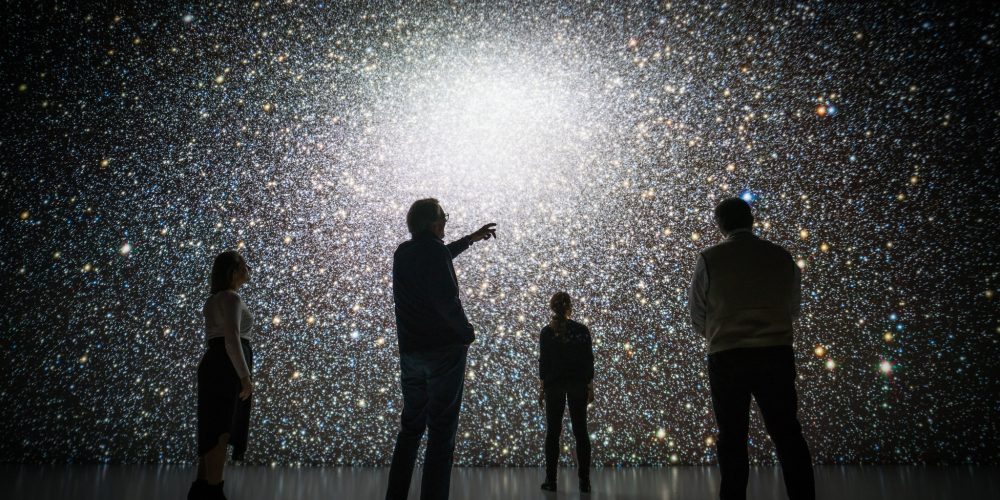
Galaxies and black holes
What is the origin of life? What is the origin of the universe? Where do we come from and where are we going? Questions that have preoccupied mankind for millennia, and it doesn’t look like they will be solved soon. For a wonderfully playful perspective, artists are now joining in.
-
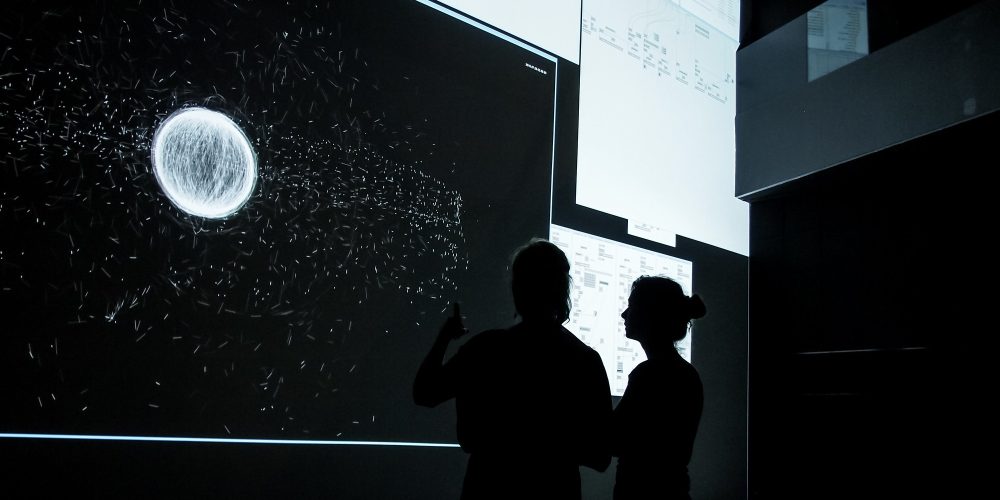
How art and science can benefit from each other
Ars Electronica and the ArtCollection Deutsche Telekom are collaborating to select artists for a residency at the interface between the fields of art and science. To kick off the partnership, we spoke with both sides about the importance of Art&Science.
-
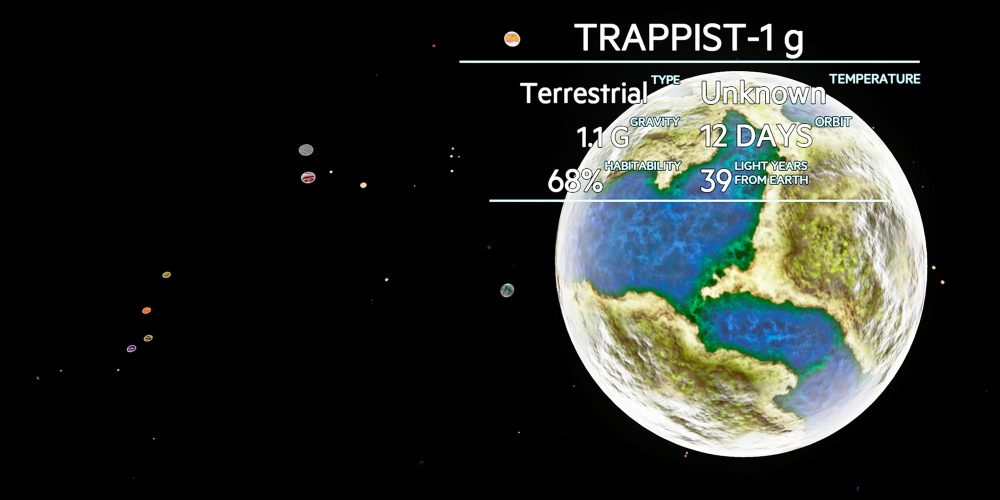
In search of the evolution of intelligence in the universe
The search for extraterrestrial intelligence may make some people think of a funny guy in a bicycle basket, for others it has serious scientific relevance and is closely interwoven with research on artificial intelligence. Thinking off the beaten track helps in this multidisciplinary work.
-
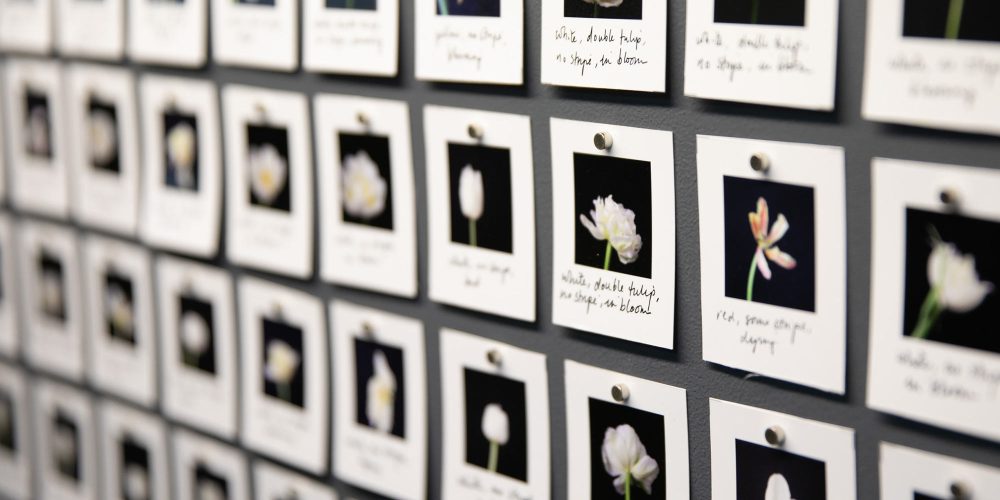
AI isn’t Artificial but Human
Our world is becoming more and more entangled. Financial markets where bots trade endlessly with other bots, social media algorithms that control what narrative we follow, deep fakes that make us doubt even our own senses. It is becoming increasingly difficult to find out where human influence lies in the process of AI.
-
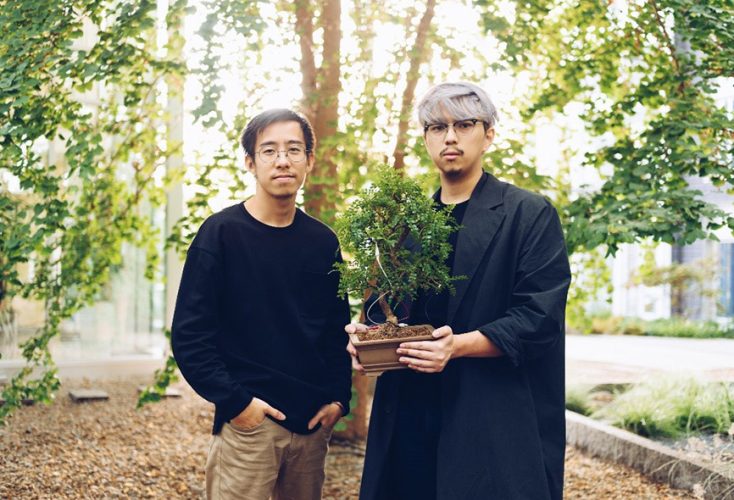
Patient Bonsai
A entire tree with branches and leaves, but as small as a potted plant: a bonsai becomes the symbol of “In Vivo”, which illuminates the border region between life and death. Behind it are the two artists Ernest Wu and Jake Tan from Singapore, who are working on their interactive installation as part of the…
-

The ethical Dimension of Artificial Intelligence: A Residency with Foresight
Artificial intelligence is one of the top topics of our time – it is not reserved for an intellectual elite, but reaches up to the regulars’ tables. Just as it will influence our living environment, everyone should feel compelled to have a say and participate in decisions. Best in Edinburgh and Linz!
-
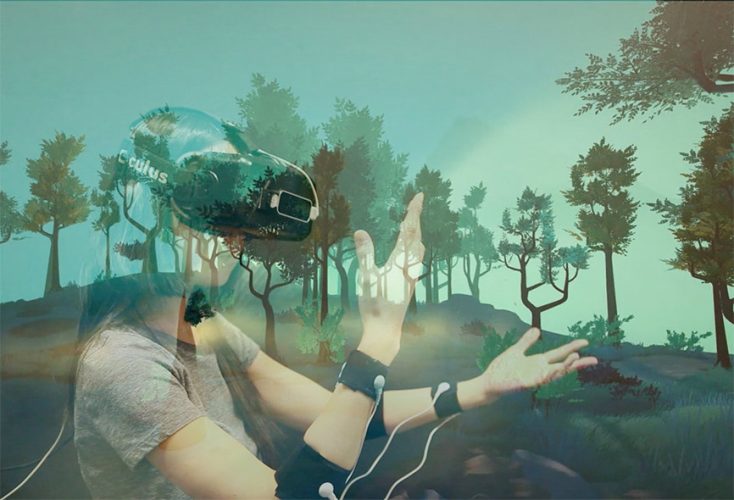
The Wandering Mind: Feel the Pulse of the Earth
Feel global environmental data, experience it with your own senses and be connected to the Blue Planet even more intensively as a human being: This is the aim of The Wandering Mind project by the artist duo slow immediate. In a few weeks their residency will start in Argentina and Austria – organized by the…
-
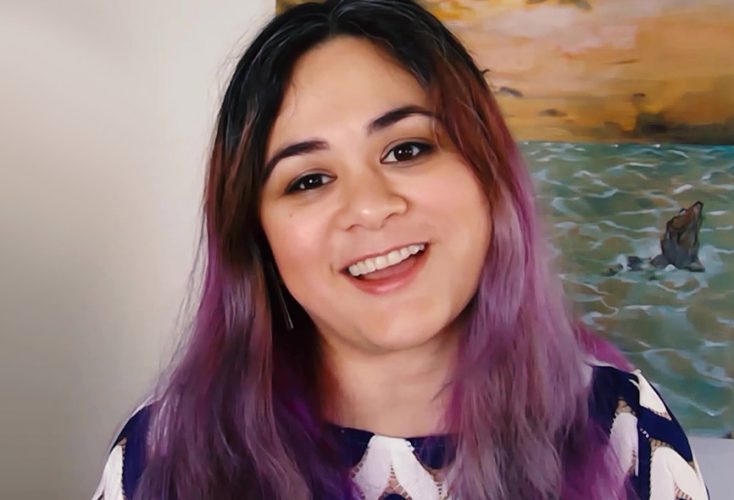
Şerife Wong: “I’d really like to see truly interconnected artists and scientists teams”
Submissions for the European Commission’s STARTS Prize will be accepted until March 11th, 2019. The artist Şerife Wong, one of this year’s jurors, talks about where she sees similarities between science, technology and the arts and explains to us – in her role as an ethics consultant – how we can deal with artificial intelligence…
-
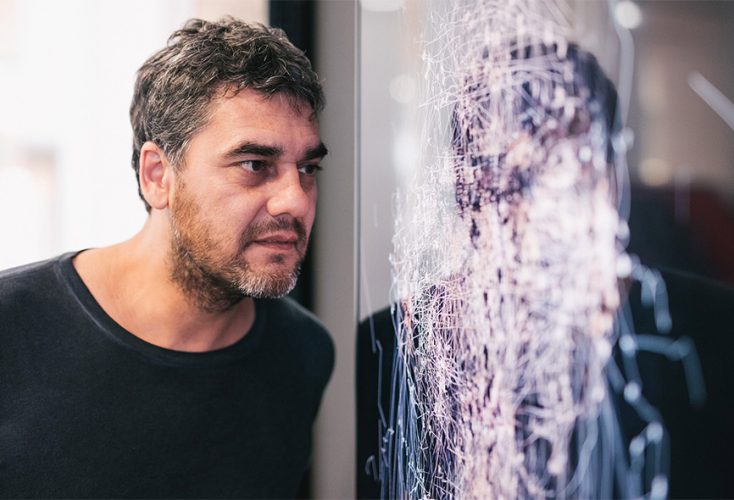
Artificial Intelligence and Neuroscience: A fascinating Cocktail for a Residency
The newly founded European ARTificial Intelligence Lab offers an exciting residency in Argentina and Austria for artists working in the fields of artificial intelligence and neuroscience. Mariano Sardon from Muntref Centro de Arte y Ciencia tells us more in this interview.
-
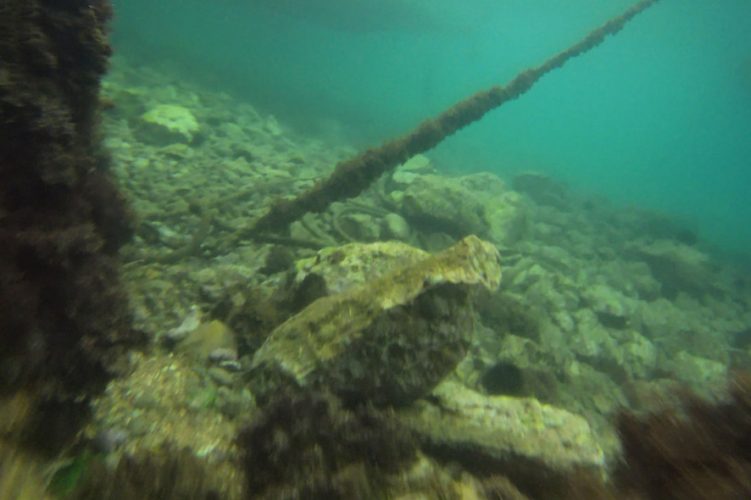
aqua_forensic: The Invisible Danger in the World’s Oceans
Invisible and yet threatening. The EMAP/EMARE project “aqua_forensic” by Robertina Šebjanič and Gjino Šutić is investigating human pollution in the oceans. It is the result of their residency at Ars Electronica. The second Open Call for a EMAP/EMARE residency runs until December 3, 2018.
-
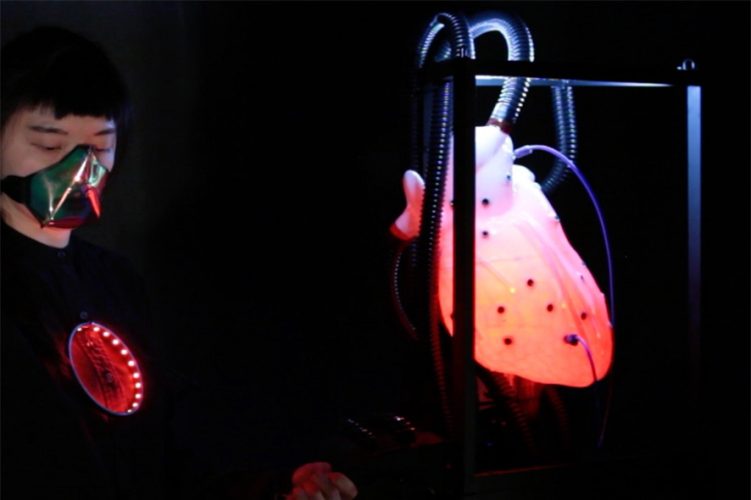
STEAM Imaging: When Art, Science and the Next Generation Converge
Bringing together scientists, school kids and an artist, transcending the boundaries of individual disciplines, discovering flexible forms of learning and collaboration, and imparting skills to work effectively with new technologies were the objectives of the artist-in-residence project entitled STEAM [science, technology, engineering, art, mathematics] Imaging. Bianka Hofmann, head of corporate communication at the Fraunhofer Institute…
-
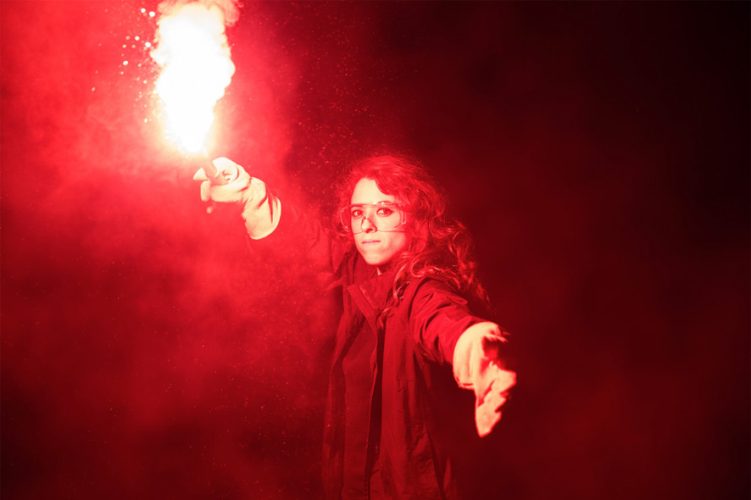
European Media Art Platform: New Residencies for Media Artists
WANTED: up-and-coming talents in media art! The European Media Art Platform awards several two-month residencies at 11 European institutions. In this interview, Peter Zorn of Werkleitz goes into detail about the network, and Ars Electronica’s Veronika Liebl recaps the European Digital Art and Science Network’s activities since its launch in 2015.
-
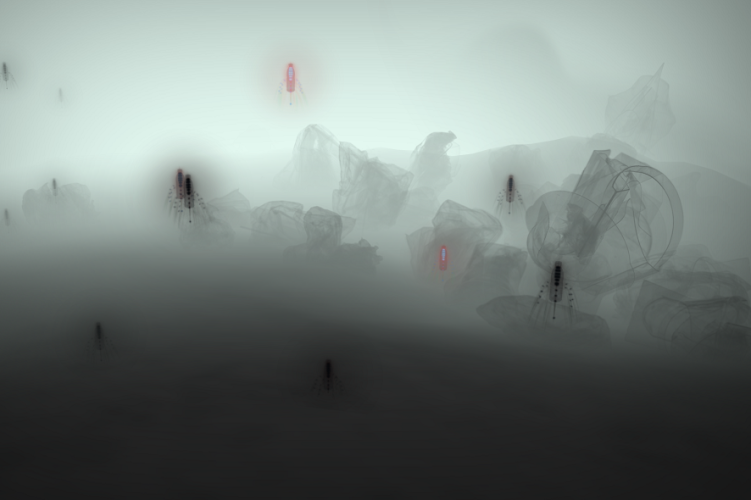
FEAT: Arts and Technologies of the Future
The FEAT Project staged seven nine-month residencies in which artists worked together with scientists at the interface of art and technology. At the FEAT interview panel on Saturday, September 9, 2017 at the Ars Electronica Festival, panelists will discuss why this collaboration can occasionally be difficult but is rewarding nevertheless.
-
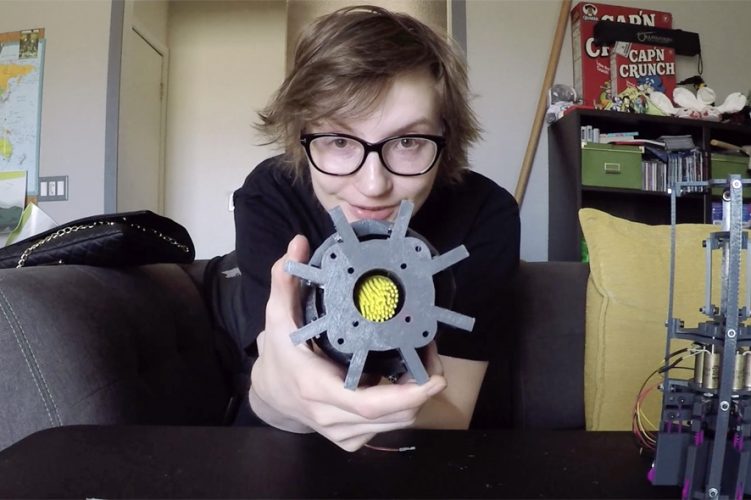
The Wandering Artist Project
For her proposal to send a robot with artistic skills into outer space, robotics engineer Sarah Petkus was the recipient of an Honorary Mention from the 2016 art&science@ESA. In this interview, she talks about her plans for her upcoming residency at the European Space Agency (ESA) and the Ars Electronica Futurelab, about humane robots, and…